Rights groups criticize Bahrain over maltreatment of jailed hunger-striking activist
Several human rights groups have criticized the Bahraini monarchy over its maltreatment of a political prisoner who is on hunger strike in protest at his detention.
Abduljalil al-Singace, director and spokesperson of the Human Rights Bureau of the Haq Movement for Civil Liberties and Democracy, who has been in jail since 2011 serving a life sentence, began his hunger strike in July 2021.
In a statement on Friday, Reporters Without Borders (RSF) called for the release of the rights activist, who reportedly suffers from chronic medical conditions, including post-polio syndrome, and requires crutches or a wheelchair to move.
"This blogger has been left to rot in prison for more than 11 years and that is already way too long. What is the Bahraini monarchy waiting for in order to finally recognize the urgency of the situation? We urge the authorities to act responsibly by releasing him without further delay," said Sabrina Bennoui, the head of RSF's Middle East desk. "We must not allow Abduljalil al-Singace to die and to be forgotten."
Singace, 60, is one of more than a dozen anti-regime protesters who was arrested and convicted on trumped-up charges, including allegedly “creating terrorist groups with a view to overthrowing the monarchy and changing the constitution.”
He is an engineer, a blogger, an academic researcher, and one of the leading figures in the anti-monarchy movement in Bahrain.
Anti-monarchy demonstrations began in mid-February 2011 and have been held on a regular basis ever since the popular uprising started.
Demonstrators demand that the Al Khalifah regime relinquish power and a democratic just system representing all Bahrainis be established.
The ruthless Manama regime, however, has responded to demands for social equality with an iron fist, clamping down on voices of dissent.
On March 5, 2017, Bahrain’s parliament approved the trial of opposition civilians at military tribunals in a measure blasted by human rights campaigners as being tantamount to the imposition of an undeclared martial law.
The monarch, King Hamad, ratified the constitutional amendment on April 3, 2017, bringing about further suppression of political dissent on the tiny Persian Gulf island under the strong influence of the Saudi regime.
China ‘firmly opposes’ US military aid to Taiwan
VIDEO | Press TV's News Headlines
President Yoon Suk Yeol to be removed from office
At least 19 Gazans killed by Israeli airstrikes since dawn: Medics
Leader: Iran neither has nor needs proxy forces
US fighter aircraft shot down ‘in friendly fire’ amid aggression on Yemen
Yemeni FM: Israel’s sponsors accountable for ongoing aggression on Sana’a
Eight Palestinians killed as Israel attacks Gaza school, hospitals


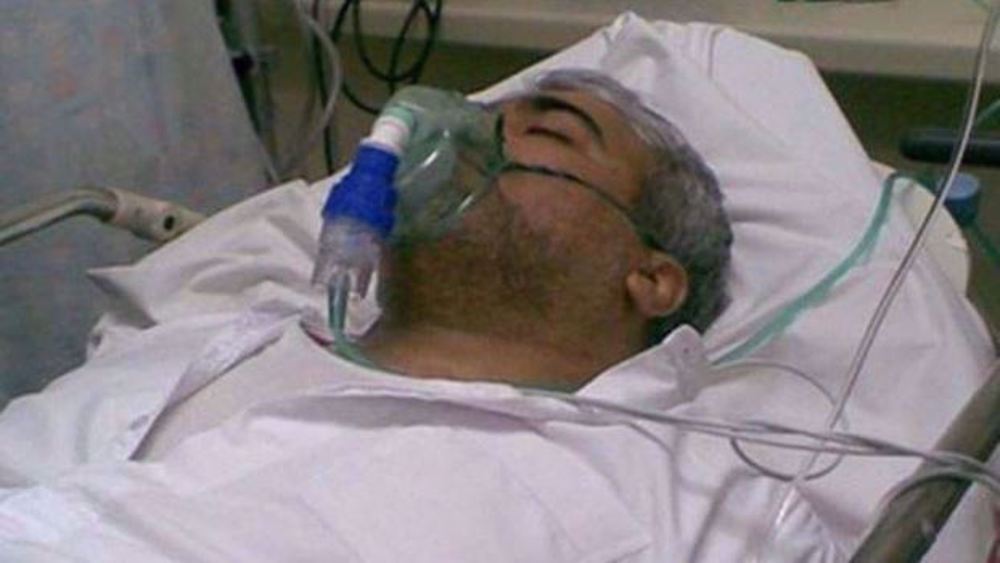
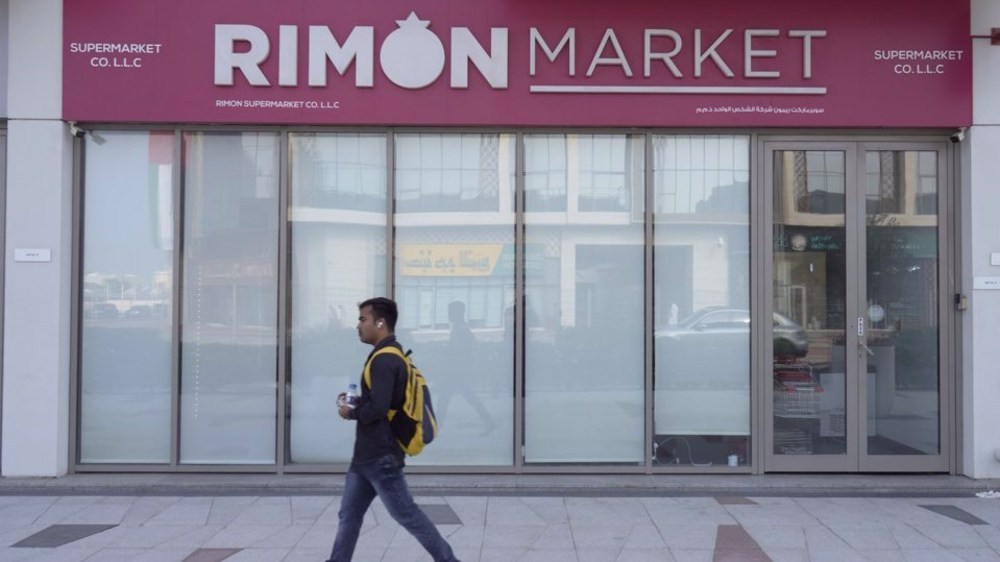





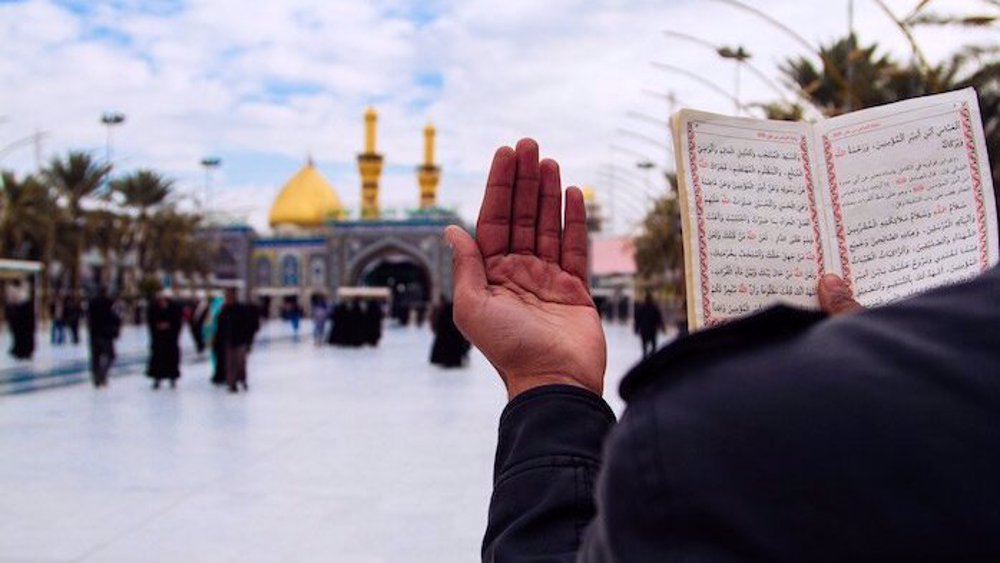
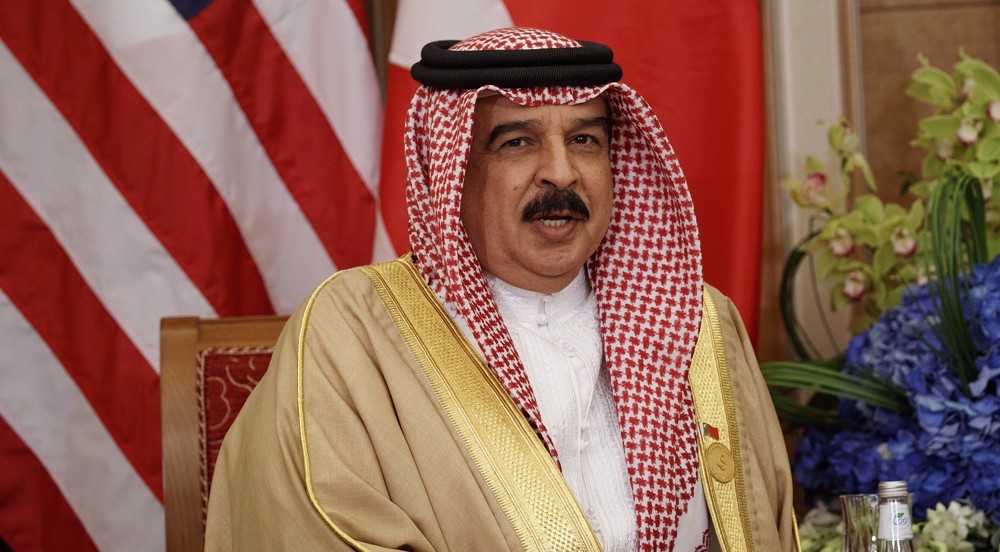
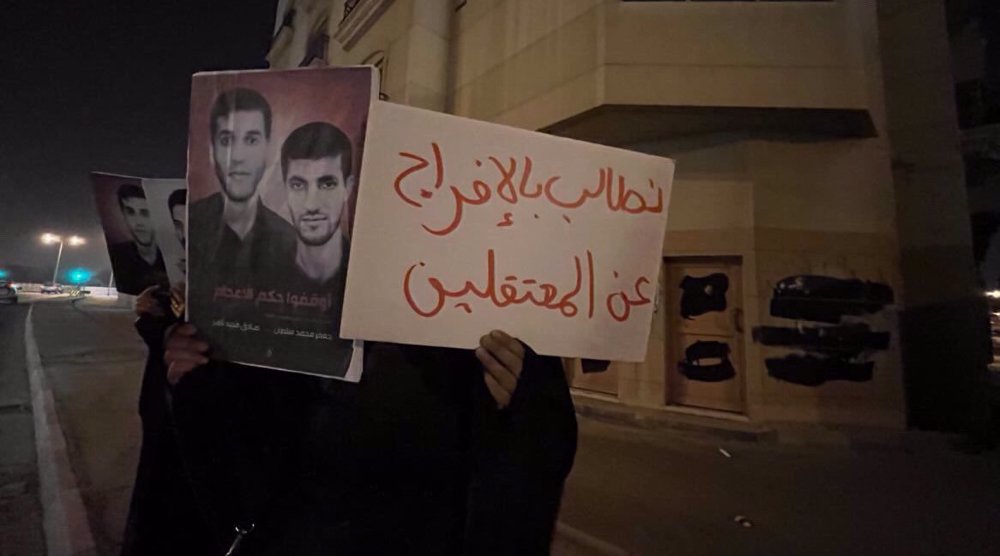
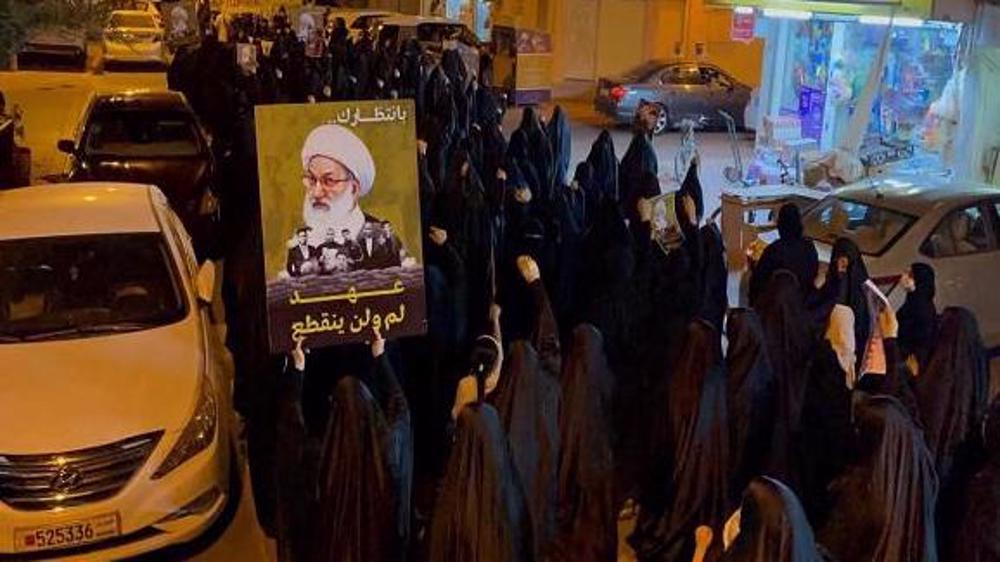
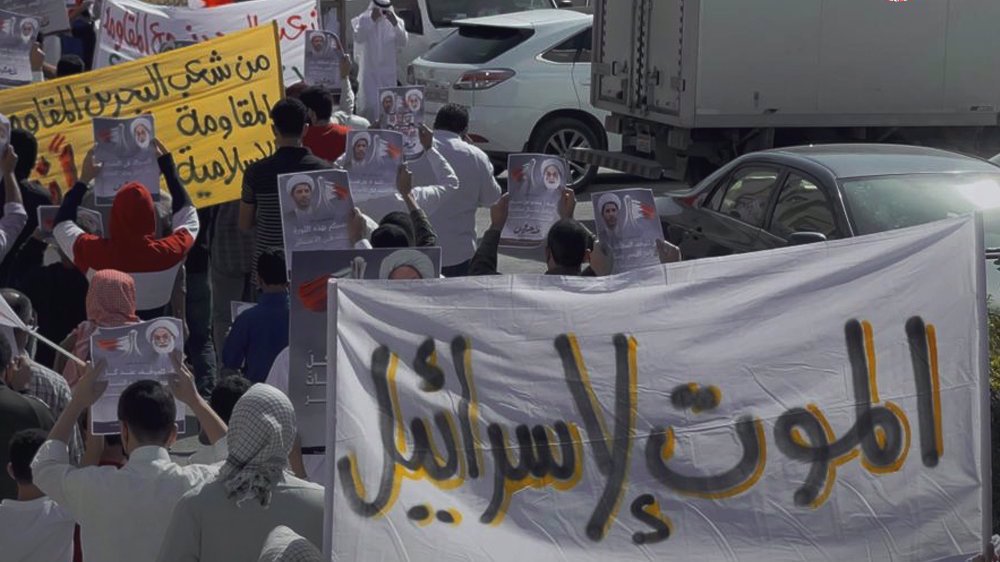
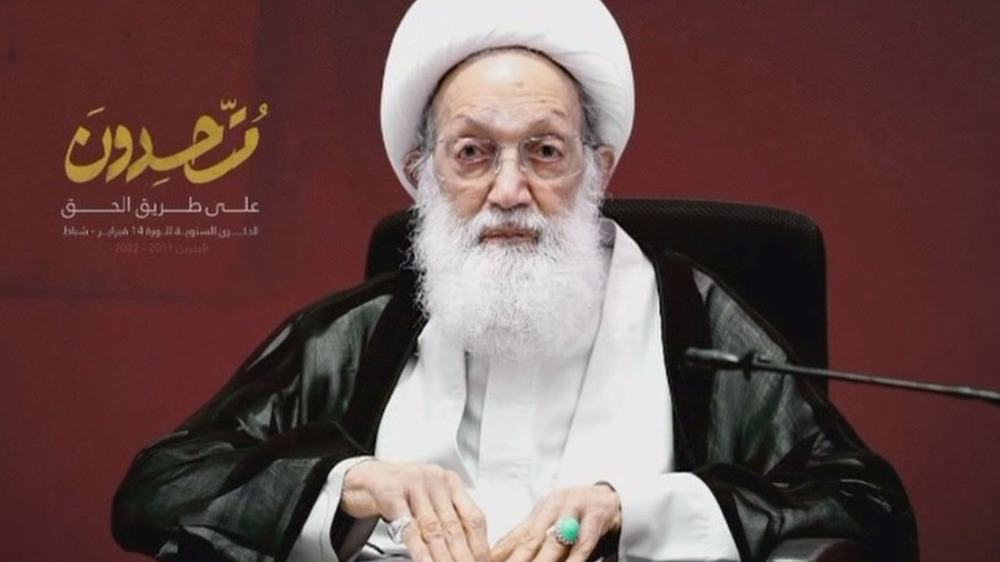
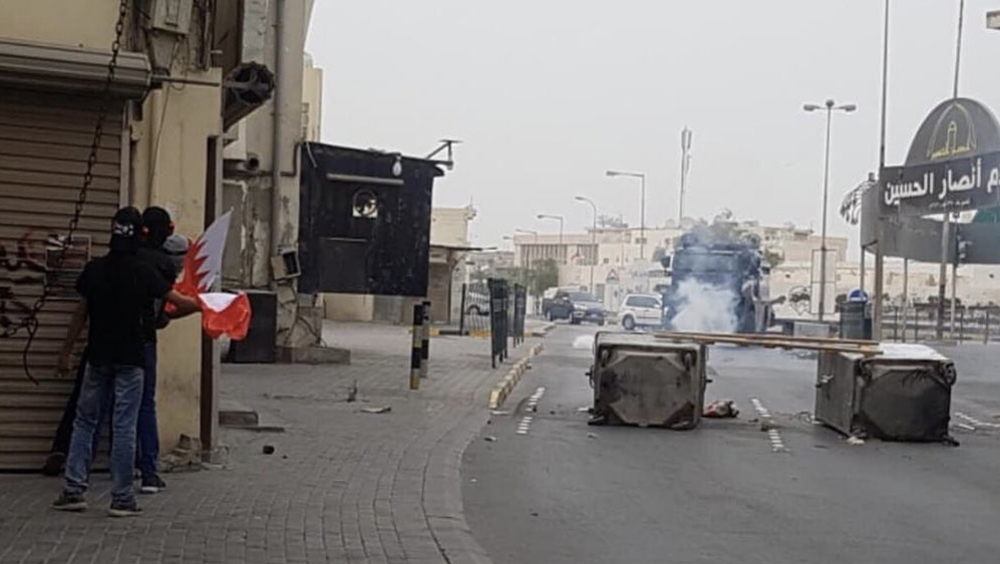

 This makes it easy to access the Press TV website
This makes it easy to access the Press TV website